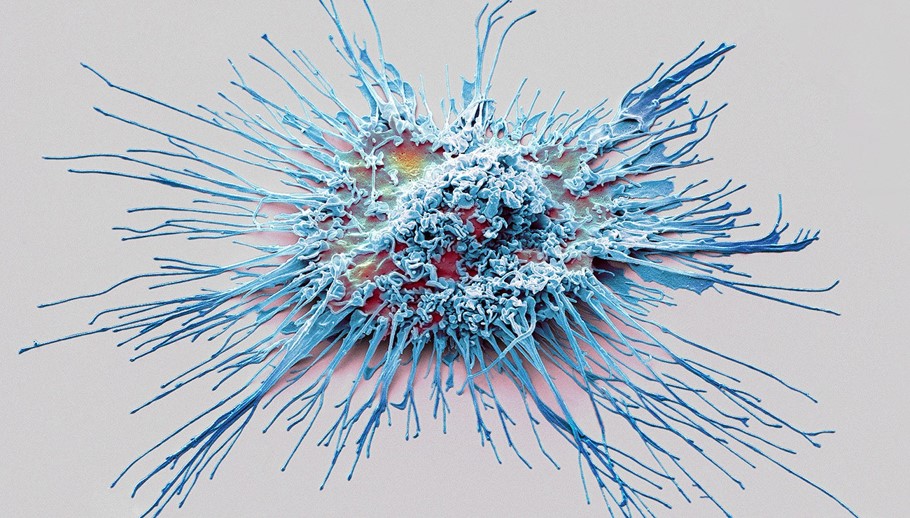News
TNF drives changes in neonatal immunity
August 26th 2020
Candice Leblanc
A team led by Véronique Flamand (IMI) has highlighted the influence of TNF on dendritic cell maturation in newborns. The finding was published in prestigious journal Gut.

Dendritic cells (DCs) are the sentinels of the immune system. When they encounter a pathogen, they activate T lymphocytes. ‘But in newborns, DCs initially have a regulatory function,’ explains Professor Véronique Flamand, a researcher at the IMI. ‘This regulation is crucial. It prevents certain inadequate immune response, and limits other excessive responses that are harmful to the newborn.’
‘Switching’ using TNF
However, the newborn’s DCs must quickly evolve. In order to fight germs, they must change ‘jobs’, by changing from regulators to T lymphocyte activators. How do they achieve this? With help from TNF. ‘The tumour necrosis factor (TNF) is the most inflammatory molecule we know!’ reminds Professor Flamand. ‘And yet, it does not kill dendritic cells. Instead, it drives their evolution by changing how they express two proteins, resulting in a different effect on T lymphocytes.’ These are:
- the IL-10 protein, which is in charge of the regulatory function;
- the IL-12p40 protein, which in charge of the activation function;
And TNF ‘commands’ DCs to secrete more IL-12p40 and less IL-10.
Commensal flora and TNF
In this context, the TNF levels of newborns has a significant influence on the evolution and behaviour of DCs. Professor Flamand’s team has demonstrated that TNF secretion is directly linked to early exposure to commensal flora. ‘We compared the DCs found in the spleen of juvenile mice, some of which had commensal flora and some of which did not,’ she explains. ‘Those whose mothers had undergone antibiotic treatment had much lower TNF levels. Their DCs had not “evolved”, and they were less effective at fighting listeriosis. Conversely, normal commensal flora and TNF levels correlate with higher resistance to infections.’ (1)
The researchers must now find out which strains of commensal bacteria affect TNF and the evolution—one way or the other—of DCs.
Note:
Köhler et al., ’Very early-life exposure to microbiota-induced TNF drives the maturation of neonatal pre-cDC1’ in Gut, 16 June 2020.

 My biopark
My biopark


